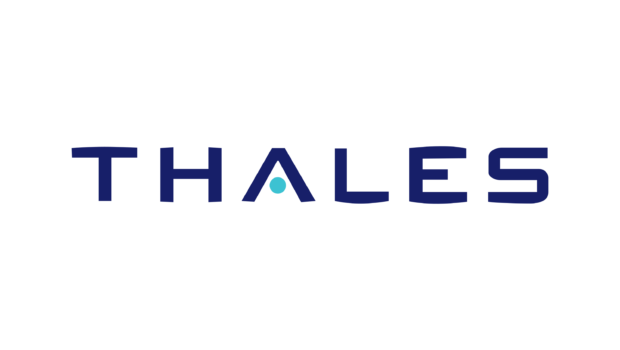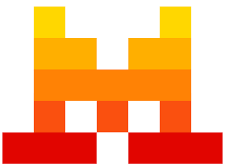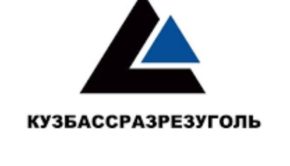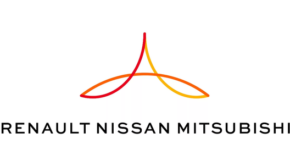

date of creation
December 2000

number of employees
76,776 employees
Thales is a dynamic global technology leader at the forefront of innovation, securing a €17.57 billion revenue in 2022, with 76,776 professionals across the world, and a wide-ranging product portfolio driving the future of aerospace, defense, transport, and security.
Activities
Thales, a global technology leader with over 77,000 employees worldwide, is at the forefront of innovation, investing in “deep tech” advancements such as Big Data, artificial intelligence, connectivity, cybersecurity, and quantum technology.
They are on a mission to create a future built on trust, where technology empowers society.
Thales operates across five key vertical markets: digital identity and security, defense and security, aerospace, space, and transport, providing high-tech solutions, services, and products to governments, organizations, and businesses.
Their work is vital in ensuring security, resilience, and ethical considerations, with a commitment to responsible and sustainable research and development.
Through trust and technology, Thales aims to address the pressing challenges of today and tomorrow.
History / Background
The history of Thales is a journey that spans over a century and reflects the company’s evolution from its origins as Thomson-CSF to its current status as a global technology leader.
Thomson-CSF, established in 1968 following a merger between Thomson-Houston-Hotchkiss-Brandt and the Compagnie Générale de Télégraphie Sans Fil (CSF), specialized in electronics, particularly in the aerospace and defense sectors.
Over the years, the company diversified into various areas, including telephony equipment, semiconductors, and medical imaging. It also expanded its global presence, securing substantial business in the Middle East.
In the late 1980s, anticipating defense spending cutbacks and industry changes, Thomson-CSF underwent a significant restructuring.
It merged its semiconductor interests with Italy’s Finmeccanica and exchanged medical imaging technology for General Electric’s consumer electronics businesses.
The company gradually transformed into a multinational corporation, acquiring Philips’ defense electronics business in 1989 and eventually going private in 1999.
After being privatized, Thomson-CSF made strategic moves to expand its presence in the defense and technology sectors.
It acquired British defense electronics company Racal Electronics in a bid to strengthen its position in the UK.
Subsequently, the company underwent a rebranding and organizational restructuring, with a focus on three core business areas: defense, aerospace, and information technology and services.
In December 2000, Thomson-CSF was officially renamed Thales, taking inspiration from the Greek philosopher Thales.
Today, Thales is a global technology leader with over 77,000 employees across five continents. The company is at the forefront of digital and “deep tech” innovations, including Big Data, artificial intelligence, connectivity, cybersecurity, and quantum technology.
Description / Key Facts
In 2022, the company reported substantial revenue of €17.57 billion, showcasing consistent growth.
With a workforce of 76,776 employees, Thales delivers cutting-edge solutions and services worldwide.
It maintains an extensive network of subsidiaries, including Thales Australia, Thales Japan, and Thales Nederland, ensuring adaptability to local requirements.
Thales offers a diverse product portfolio, from tactical radios to aerospace electronics, contributing to advancements in technology and security.





